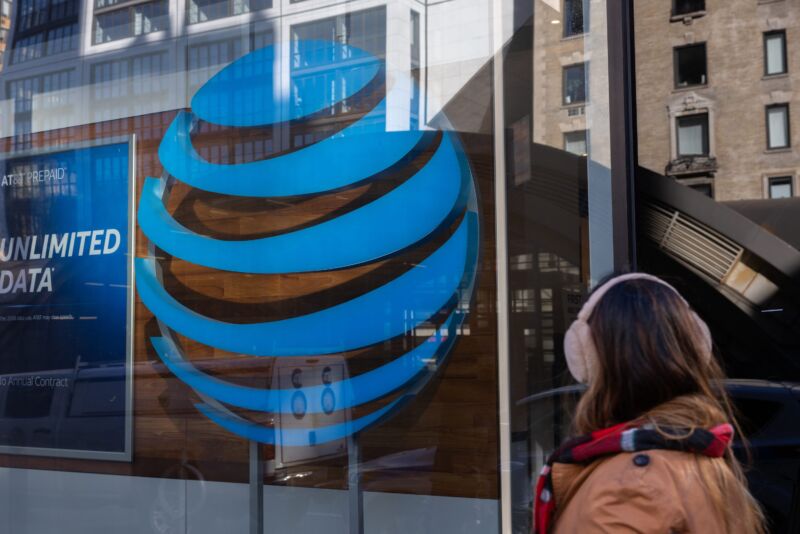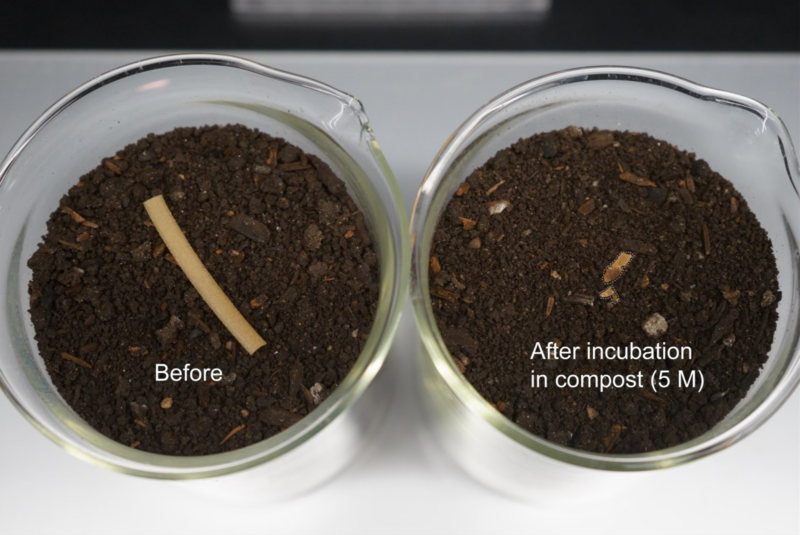The best way to interview Donald Trump is to … not interview him.
Unless you’re a particularly ardent supporter of vicious, kindergarten-level lies—such as “I won the election because I was ahead on election night” or “immigrants ate my health care plan”—there’s really no reason to listen to, much less solicit, any of his so-called opinions. But Time magazine did just that.
Since his latest fibs are just fragrant fish heads in a whopping seafood ‘n’ BS paella, it’s important to at least take a taste if we want a full picture of his depravity. Or a sniff. Or, if possible, a six-month-long nap until this is all over and Joe Biden is reelected.
Ah, but there’s no sleeping on Trump and his march to Putin-style autocracy, so we have to stay awake. And—hoo-boy—did he ever just give an eye-opening interview.
RELATED STORY: 3 ways Trump dodged a ‘yes or no’ question on abortion
In case your time is short and you don’t have 83-minutes to read the raw transcripts, here’s a summary of the interview from Eric Cortellessa, the Time staff writer who took precious minutes out of his day to probe the mind of the crotch grabbing, four-times indicted coup plotter-cum-business fraudster.
What Cortellessa describes are the “outlines of an imperial presidency that would reshape America and its role in the world.”
To carry out a deportation operation designed to remove more than 11 million people from the country, Trump told me, he would be willing to build migrant detention camps and deploy the U.S. military, both at the border and inland. He would let red states monitor women’s pregnancies and prosecute those who violate abortion bans. He would, at his personal discretion, withhold funds appropriated by Congress, according to top advisers. He would be willing to fire a U.S. Attorney who doesn’t carry out his order to prosecute someone, breaking with a tradition of independent law enforcement that dates from America’s founding. He is weighing pardons for every one of his supporters accused of attacking the U.S. Capitol on Jan. 6, 2021, more than 800 of whom have pleaded guilty or been convicted by a jury. He might not come to the aid of an attacked ally in Europe or Asia if he felt that country wasn’t paying enough for its own defense.
In addition, notes Cortellessa, Trump would “gut” the U.S. civil service, send the National Guard to U.S. cities “as he sees fit,” close the White House pandemic-preparedness office (because apparently we were more than adequately prepared last time), and “staff his administration with acolytes who back his false assertion that the 2020 election was stolen.”
In other words, he wants to be a dictator on Day One … and day two … and day 365 ... and every day after that until God decides to reincarnate him as a severely undernourished infant forcibly taken from his mother at the U.S.-Mexico border.
Ah, but reading is believing. With that in mind, here are nine of the most frightening excerpts from Trump’s Time interview. (And in case you’d prefer to skip ahead to the fact check, that’s here.)
1.
Asked whether he’d override the Posse Comitatus Act, which makes it illegal to use the U.S. military against civilians in order to deport immigrants, Trump said this:
Well, these aren’t civilians. These are people that aren't legally in our country. This is an invasion of our country. An invasion like probably no country has ever seen before. They're coming in by the millions. I believe we have 15 million now. And I think you'll have 20 million by the time this ends. And that's bigger than almost every state.
Of course, if anyone should know what a “civilian” is, it’s Bonnie Prince Bone Spurs. As Time noted in its fact check, “a civilian is commonly defined as anyone who is not an active member of the armed forces. Immigration status does not factor into whether someone is a civilian. Any person in the U.S., regardless of their immigration status, may be entitled to many of the same constitutional rights as U.S. citizens.”
Also, not sure why you’d want to deport the very people who’ve helped make our economy the “envy of the world,” as the far-left Wall Street Journal recently described it.
Then again, Trump appears far more interested in empty xenophobic gestures than actually helping the economy grow.
2.
Trump wants more tariffs, and to this day no one’s been able to dislodge from his head the (extremely) false notion that the cost of tariffs falls on exporters rather than importers. That said, it’s clear he’s been told that tariffs represent an added cost to consumers, because in this interview he attempts to preemptively debunk that fact:
I also don't believe that the costs will go up that much. And a lot of people say, “Oh, that's gonna be a tax on us.” I don't believe that. I think it's a tax on the country that's doing it.
Well, Trump also believes windmills kill whales and exercise is bad for you. (Neither of those things is true, but if Trump is elected again you can expect the NIH to spend millions of taxpayer dollars studying those theories.)
Of course, listening to Trump is bad for the health of your economy. As Mary Amiti, an economist at the Federal Reserve Bank of New York, wrote in 2020 for the New York Times, “U.S. tariffs continue to be almost entirely borne by U.S. firms and consumers.”
So if you like the pandemic-related inflation we saw after Trump left a flaming bag of fiscal poo on Joe Biden’s doorstep in 2021, you may be in luck. Trump wants to bring it back—and make it permanent—by deporting millions of willing workers and adding unnecessary costs to thousands of consumer goods.
3.
Of course, if Americans decide to resist mass deportations and/or the White House’s unilateral decision to make everything more expensive, they can expect an emboldened police force to push back. Because Trump wants to give police a lot more leeway to take matters into their own hands:
Police have been—their authority has been taken away. If something happens with them, even if they're doing a very good job, they take away their house, they take away their pension, they take away their, I mean, essentially, they end up losing their families over it. They take away everything. They prosecute people. And we have to give the police back the power and respect that they deserve. Now, there will be some mistakes, and there are certain bad people and that's a terrible thing. But there are far more problems with what's happened now, where police are standing outside of a department store as it’s being robbed and 500 mostly young people are walking out carrying air conditioners and televisions and everything else. And the police would like to do something about it. But they're told to stand down. They said don't do it. And if you do anything about it, if you stop crime, we're going to go after your pension, your home, your family, your wife or your husband. And you know, police are being prosecuted all the time. And we want to give them immunity from prosecution if they're doing their job.
Yes, clearly the problem with police these days is they’re far too accountable. But you know what they say: You can’t run a police state without police. It’s right there in the name! What ever will we do if every police officer who murders a citizen is simply shipped off to jail? It would be anarchy!
By the way, if police are really standing around watching 500 people cart air conditioners and TVs out of department stores, they should probably be fired. And I’m as liberal as they get.
4.
There’s been some really good news on crime lately. Following a spike in violent crime that began under, erm, Trump, crime has dropped precipitously. But this is bad news for Trump, who wants to pretend crime is worse than ever. His solution? Claim the decline isn’t happening. (You may recall he pulled this same nonsense with respect to official unemployment figures while running in 2016—before suddenly becoming a believer in government data the moment he stepped into the White House.)
Violent crime is going down throughout the country. There was a 6% drop in—
Trump: I don't believe it.
You don’t believe that?
Trump: Yeah, they’re fake numbers.
You think so?
Trump: Well it came out last night. The FBI gave fake numbers.
I didn't see that, but the FBI said that there was a 13% drop in 2023. [Editor's note: This statistic refers specifically to homicides.]
Trump: I don’t believe it. No, it’s a lie. It’s fake news.
Sir, these numbers are collected by state and local police departments across the country. Most of them support you. Are they wrong?
Trump: Yeah. Last night. Well, maybe, maybe not. The FBI fudged the numbers and other people fudged numbers. There is no way that crime went down over the last year. There's no way because you have migrant crime. Are they adding migrant crime? Or do they consider that a different form of crime?
“Do they consider that a different form of crime?” You were president, dude. You don’t know?
Of course, since migrants commit crimes at significantly lower rates than native-born Americans, welcoming more immigrants into the country would only serve to lower crime rates. As it is, we don’t know exactly why crime rates went down under Biden. We just know they did. Maybe the improved economy has made it easier for people to maintain their $2,000-a-month horse paste habits, and so they no longer need to gather 499 of their friends together to steal shit from Big Lots. Or maybe people are just a lot calmer since that big orange head stopped screaming at them from the TV every day.
5.
Of course, just because violent crime is down doesn’t mean Trump can’t ratchet it up a notch or two. Assuming he loses the election … again.
Mr. President, in our last conversation you said you weren't worried about political violence in connection with the November election. You said, “I think we're going to win and there won't be violence.” What if you don't win, sir?
Trump: Well, I do think we're gonna win. We're way ahead. I don't think they'll be able to do the things that they did the last time, which were horrible. Absolutely horrible. So many, so many different things they did, which were in total violation of what was supposed to be happening. And you know that and everybody knows that. We can recite them, go down a list that would be an arm’s long. But I don't think we're going to have that. I think we're going to win. And if we don't win, you know, it depends. It always depends on the fairness of an election.
Got that? There will only be violence if Trump loses. Because if he loses, the results will obviously be fake. Dictators always win, after all. Hasn’t America figured that out by now?
6.
Of course, Trump is such a diligent crime fighter, he’d be fine with states monitoring women’s pregnancies to make sure they don’t get abortions. And he still somehow thinks “everyone” wanted to see Roe v. Wade struck down.
Do you think states should monitor women's pregnancies so they can know if they've gotten an abortion after the ban?
Trump: I think they might do that. Again, you'll have to speak to the individual states. Look, Roe v. Wade was all about bringing it back to the states. And that was a legal, as well as possibly in the hearts of some, in the minds of some, a moral decision. But it was largely a legal decision. Every legal scholar, Democrat, Republican, and other wanted that issue back at the states. You know, Roe v. Wade was always considered very bad law. Very bad. It was a very bad issue from a legal standpoint. People were amazed it lasted as long as it did.
Sheesh. Every time this dingbat sings, a Democratic attack ad gets its wings.
7.
Meanwhile, Trump is promising another big announcement in just ... two weeks! And because he announced the arrival of his announcement during the first part of this two-part interview—and since the two interviews were conducted two weeks apart—for once we get a timely update!
Do you think women should be able to get the abortion pill mifepristone?
Trump: Well, I have an opinion on that, but I'm not going to explain. I'm not gonna say it yet. But I have pretty strong views on that. And I'll be releasing it probably over the next week.
Well, this is a big question, Mr. President, because your allies have called for enforcement of the Comstock Act, which prohibits the mailing of drugs used for abortions by mail. The Biden Department of Justice has not enforced it. Would your Department of Justice enforce it?
Trump: I will be making a statement on that over the next 14 days.
Two weeks later …
Last time we spoke, you said you had an announcement coming over the next two weeks regarding your policy on the abortion pill mifepristone. You haven't made an announcement yet. Would you like to do so now?
Trump: No, I haven’t. I’ll be doing it over the next week or two. But I don't think it will be shocking, frankly. But I'll be doing it over the next week or two. We’re for helping women, Eric. I am for helping women.
So his answer to “did you formulate the policy that you promised, two weeks ago, to tell us about in two weeks?” was … “I’ll let you know in two weeks.”
Something tells me his answer will arrive six weeks after the heat death of the universe.
8.
Of course, while President Biden has been careful not to interfere in DOJ decisions, Trump has no such qualms. In fact, he’s outright promised to go after Biden. In this interview, he kinda, sorta, but not really walked that back:
Okay, so sir, you said that you would appoint a real special prosecutor to go after Biden and his family—
Trump: Well, it depends what happens with the Supreme Court. Look, a president should have immunity. That includes Biden. If they've ruled that they don't have immunity, Biden, probably nothing to do with me, he would be prosecuted for 20 different acts, because he's created such. You take a look at not only his criminal acts of taking a lot of money and being a Manchurian Candidate.
In other words, if Toddler Trump doesn’t get immunity for trying to end America and refusing to return top secret government documents, Biden shouldn’t get immunity for all the crimes Trump wants to pretend he committed. And the charges Trump believes Biden will face over all that nothing will “probably” have nothing to do with him.
Very reassuring. It’s clear how much this guy loves liberal democracy and the rule of law—or would, anyway, if he knew what either of those things were.
9.
Meanwhile, Trump is certain that all the cases against him were orchestrated by a shrewd and calculating Joe Biden, the senile old man who doesn’t know he’s alive.
His head of the Justice Department, one of the top few people, was put into the DOJ. Fani, Mr. Wade, Fani’s lover, spent hours in Washington with the DOJ working on my case. The DOJ worked with Leticia James on my case. The DOJ worked with deranged Jack Smith. He's a deranged person on my case. No, no, this is all Biden—
In case you’re wondering why nearly that entire excerpt is hyperlinked, well, it’s because it’s all bullshit. And it directs the reader to this fact check:
In November 2022, Attorney General Merrick Garland appointed Jack Smith as Special Counsel overseeing the federal investigations into Trump’s attempt to overturn the 2020 election, and Trump’s handling of classified documents after he left office. The announcement came shortly after Trump announced he was running for the 2024 GOP presidential nomination. Special Counsels are appointed to ensure the independence of prosecutors when there is the potential for a conflict between the attorney general, who is a political appointee, and the subject of the investigation.
AND A BONUS
Of course, no rundown of Trumpian madness would be complete without his threats to destroy the post-World War II order that’s preserved decades of peace in Western Europe. But in this excerpt, Trump unwittingly (does he ever do anything anything wittingly?) makes his opponents’ argument for him. Because not only would other NATO countries come to our help if we were invaded, the only time NATO did act to defend one of its member states was when America was attacked.
Do you want to maintain 80 years of American leadership in defending the West, especially Europe, or do you want to change the architecture of the post-war world that has kept us out of a World War for the last 80 years?
Trump: I want them to pay their bills. Very simple. NATO is fine. See, the problem I have with NATO is, I don't think that NATO would come to our defense if we had a problem.
You don't?
Trump: No, I don't believe that. I know them all. It's a one-way street, even if they paid. I want them to pay. But I believe if we were attacked, NATO wouldn't be there. Many of the countries in NATO would not be there.
Time’s fact check:
Since its adoption in 1949, Article 5 has only been invoked once: immediately after the Sept. 11, 2001 terrorist attacks in the United States. The other 18 member nations of NATO launched a number of operations in response, including the deployment of air forces to secure the skies over the U.S. and naval anti-terrorism efforts. NATO members also participated in the ensuing ground war in Afghanistan.
Gee, maybe we owe them money. Nah, because NATO dues aren’t a thing. You’d think someone who was president might know that, huh? You’d think.
RELATED STORY: Trump says states can decide to monitor pregnant women
Check out Aldous J. Pennyfarthing’s four-volume Trump-trashing compendium, including the finale, Goodbye, Asshat: 101 Farewell Letters to Donald Trump, at this link.
Campaign Action




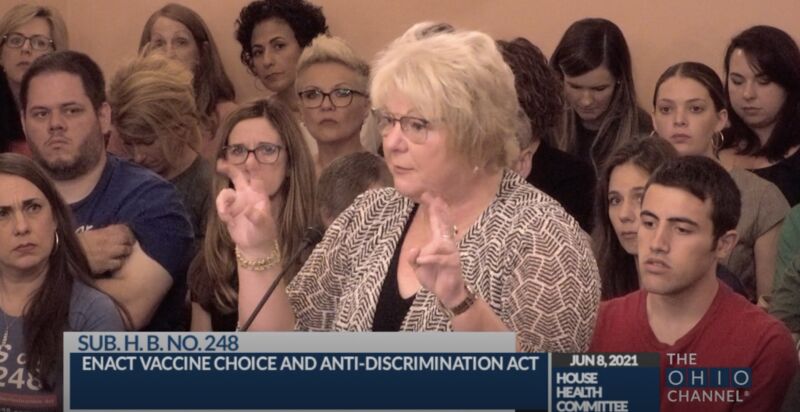




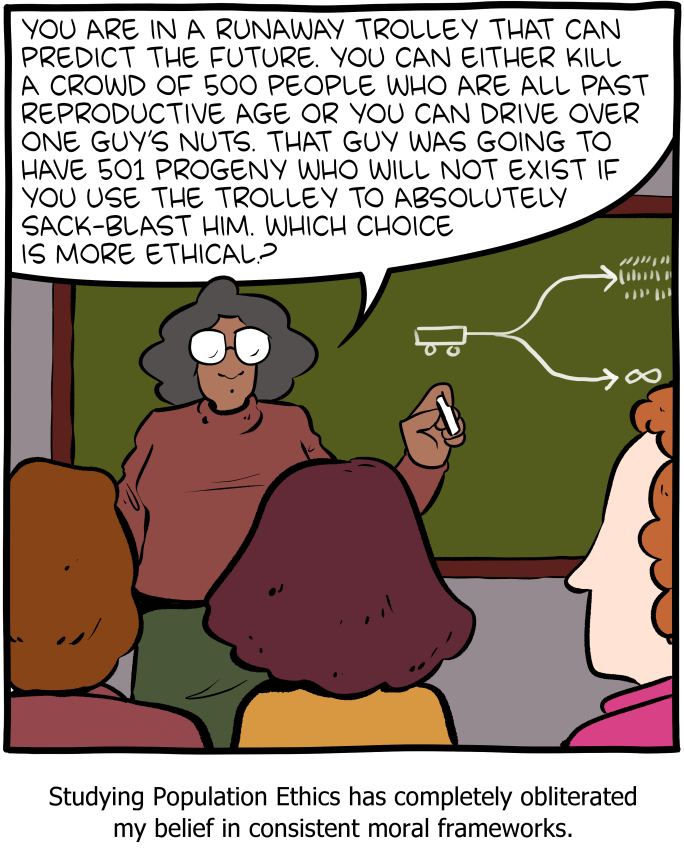
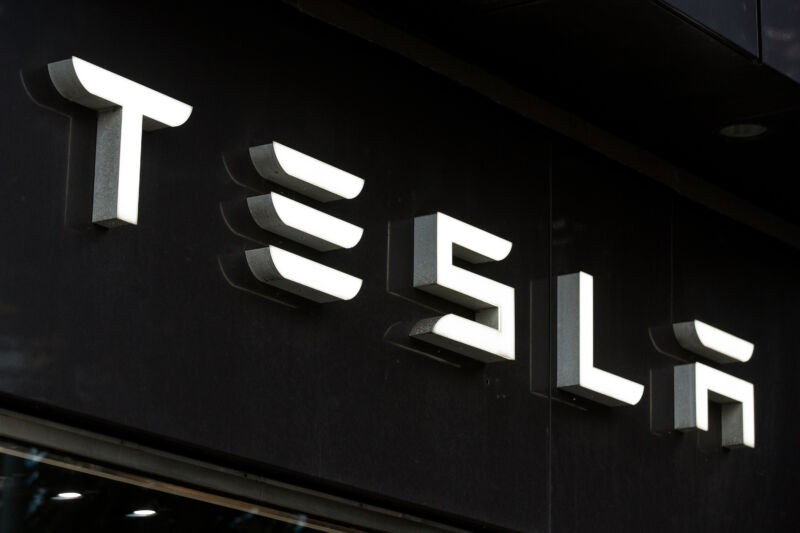


/cdn.vox-cdn.com/uploads/chorus_asset/file/25427206/decstotal1.png) Adam Feldman/Empirical SCOTUS
Adam Feldman/Empirical SCOTUS

